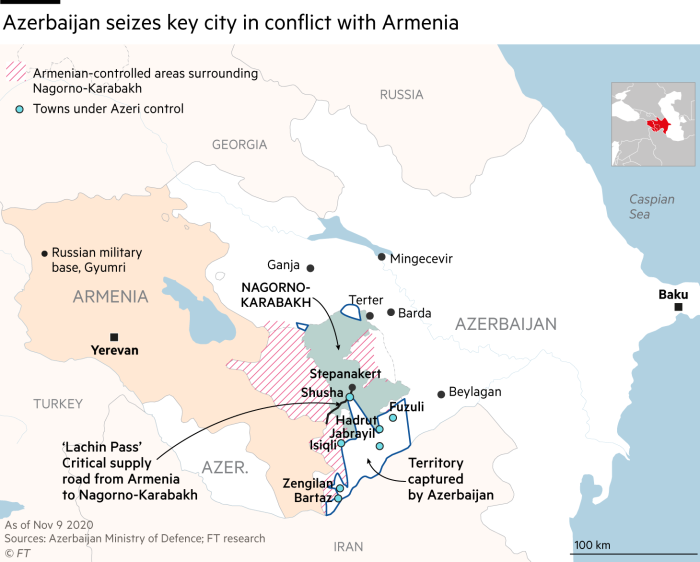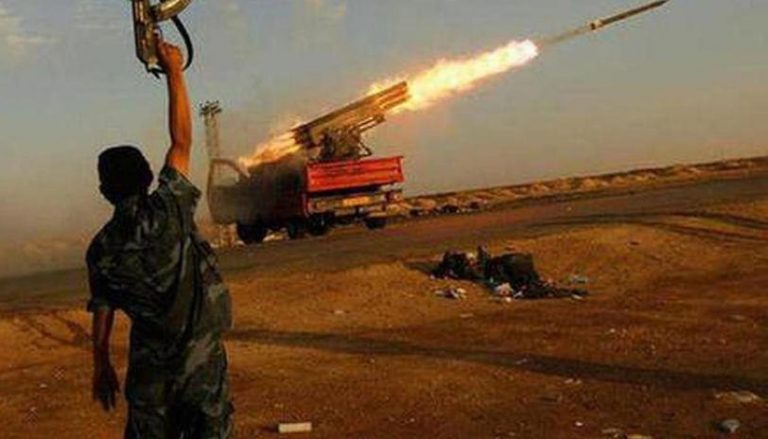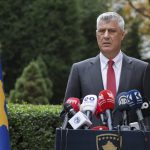Military conflict in Karabakh ended with expanded military presence by Russia in the Caucasus under the Transnistrian scenario.
Armenia’s Prime Minister Nikol Pashinyan claimed he had signed a peace deal with the presidents of Russia and Azerbaijan to end hostilities in Karabakh. Under the deal, Azerbaijan will hold on to areas it has taken during the conflict – including the city of Shusha, Armenia has agreed to withdraw from Agdam, Kelbajar and Lachin areas and return them to Azerbaijan by November 20, while Russia will deploy 1960 personnel as peacekeepers there. The Russian group is going comprise 90 armored personnel carriers, 380 units of automobile and special equipment. The deal provided for 5 year stay for the peacekeepers with an option to extend tacitly.
The Russians, however, are unlikely to leave the area in 5 years. The developments are very similar to the scenario in Transnistria, where Russian troops, having deployed in the conflict area in 1992 as peacekeepers, remained there, and now represent a Russian outpost, as part of Russia’s Western Military District command. The agreement to deploy the Russians in Transnistria was drawn up in such a way that they may end their presence in the unrecognized republic, – a part of Moldova’s territory under the international law, just upon the Kremlin’s consent, which is impossible in a point of fact.
As the conflict in Karabakh has picked up steam, Armenia has sought to embroil Moscow to struggle on its side. The Kremlin, however, sought to find a reason to intervene, not running into strong opposition by Azerbaijan or Turkey.

The speed the Russians have entered and deployed in Karabakh indicates this group has been prepared in advance to be put into the conflict zone, and the developments are taking on under the Kremlin’s scenario.
The peace deal is unlikely to serve Baku’s interests. Though Azerbaijan will retain control over the territories returned during the hostilities, it will have to break off the offensive and give up on liberating its territories from this point on, including Stepanakert. Thus, the NKR will keep on existing just as an unrecognized republic.
On the night of November 10, Russia’s Mi-24 combat helicopter was downed near the Azerbaijani border in the Karabakh conflict area. Azerbaijan claimed responsibility for the incident. We argue the Russian helicopter was deliberately downed by the Russians; thus, they were given a free hand to step into the conflict and come to dominate in relations with official Baku. The developments are similar to those of 2008, when Georgia allegedly shelled Russian peacekeepers’ locations thus triggering the war between Russia and Georgia, which led to a legal set-up for two separatist republics – Abkhazia and South Ossetia and expanded Russia’s presence there.
Russia has no interest in Azerbaijan’s returning all its territories in Karabakh. Before the peace deal was signed, Armenia faced the problem of mobilizing a reserve to continue the war in Karabakh. The control over Stepanakert, therefore, would have been lost in 2-2.5 weeks. Moreover, the fall of Shusha isolated Karabakh and hooked the NKR’s existence on Russia’s peacekeepers’ presence.
Having deployed the peacekeepers in Karabakh, the Kremlin was given a free hand to reach the land border with Iran, taking control over contraband and military and dual-use goods being moved across the border.
If it is true that the peace deal was signed as part of the operation by Moscow, Pasinynian is expected to resign and the regime in Armenia is going to change in the short run.
Large-scale protests in Yerevan, after the peace talks has been scheduled, the seizure of parliament, in fact, dismantle the Pashinyan regime.
The deployment in Karabakh by the Russians will strengthen the Kremlin’s hand in negotiations with Ankara. Moscow is bound to stick to its strategy to undermine Turkey’s role in the Caucasus and the Middle East. The Kremlin is unlikely to let the conflict be settled and negotiate a format to resolve the status of Karabakh. Russia is obviously seeking to preserve the NKR as unrecognized republic with the minimal territory at least. This meets the concept by the Russians to set up unrecognized puppet republics, embroiling them into Russia’s foreign policy framework.




